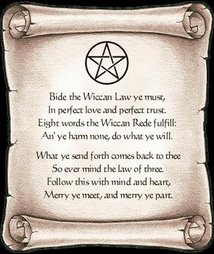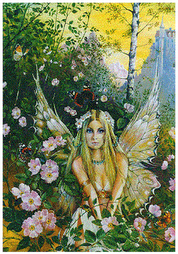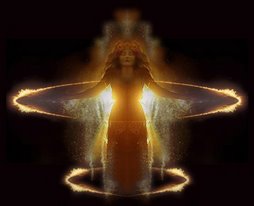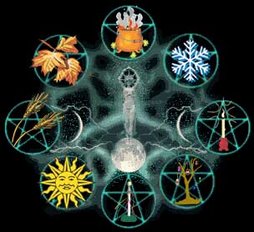1. Four hundred years ago, if someone said, "He would argue the moon was blue," it would be understood as, "He'd argue that black is white."
2. Also long ago, 'blue moon' was synonym for 'absurd'. "When the moon turns blue", would be similar to the expression "when pigs fly". It was so absurd that it would never happen.
3. In astronomy, we have a blue moon when certain types of dust and smoke from volcanoes or forest fires absorb red light. When this happens, the moon and the sun get a blue tint. This however is a very rare phenomenon. It happened in 1883 when the Indonesian volcano Krakatoa exploded, in 1927 when a late monsoon in India set up conditions for a blue moon and in 1951 when huge forest fires in Alberta threw smoke particles up into the sky.
4. The phrase "once in a blue moon" means, that an event is fairly infrequent, but not quite regular enough to pinpoint.
5. There are popular songs in which "blue moon" is a symbol of sadness and loneliness.
6. In recent years, the less scientific, but more popular definition of the blue moon has become widespread, namely that it is the second full moon within one month.
So which version is correct?
Officially, the third definition, the astronomical one, is correct. The sixth definition, the two full moons in one month variety, may appeal to many people, but has no roots in folklore. But as this popular definition is now so widely used, it doesn't make sense to ignore it in favour of the astronomical description. When people claim that the 'second full moon' definition is wrong, then they are technically correct. Language is a dynamic medium however. So when enough people use a false expression, it will in time become correct. Therefore, at this moment, it is not more than logical to state that a 'blue moon' is a rare astronomical phenomenon, but also an occurence of two full moons within one month.
This article was based on: "The rising of the bogus blue moon" - Terence Dickinson "Folklore of the 'Blue Moon'" - Philip Hiscock











